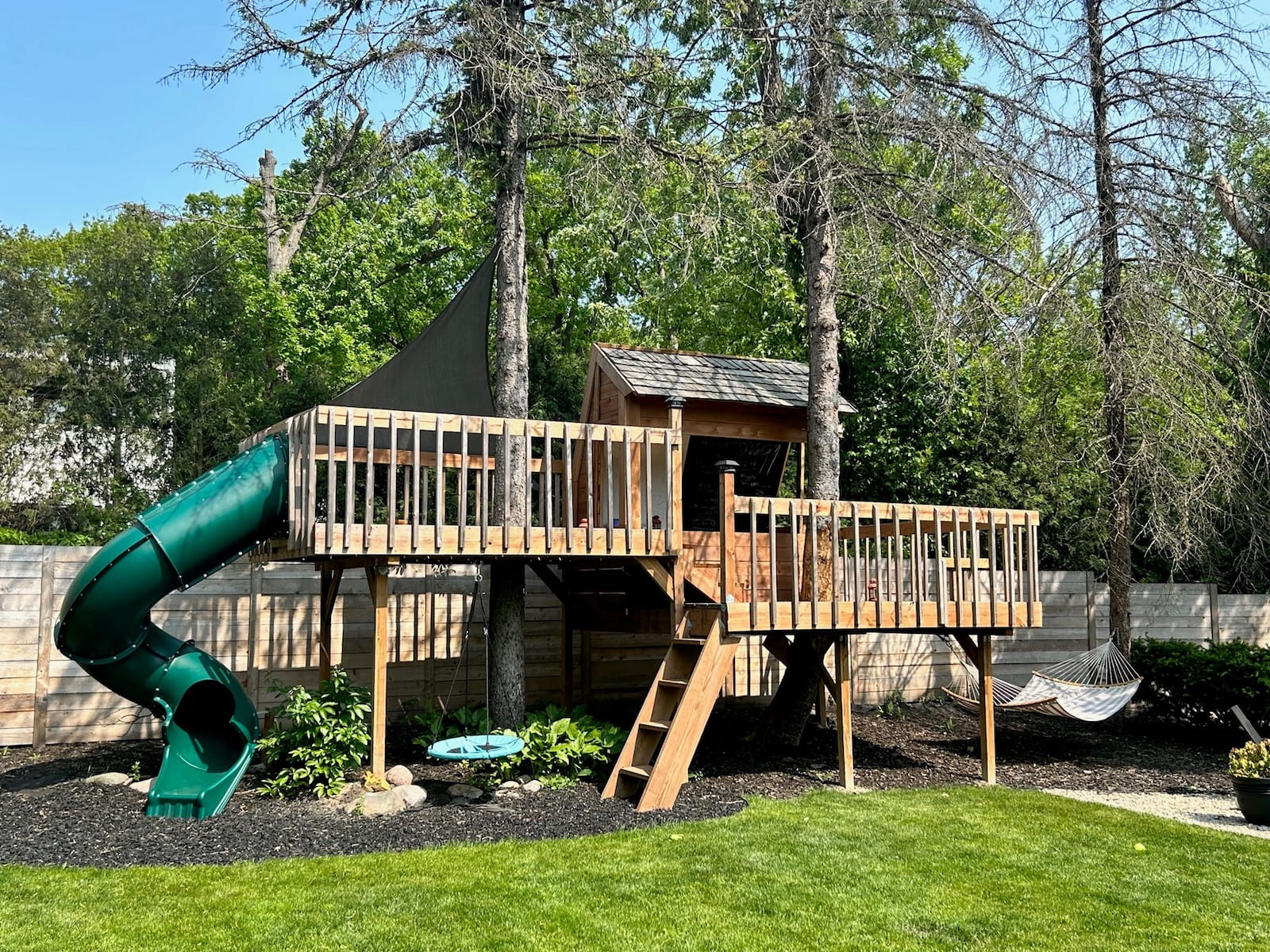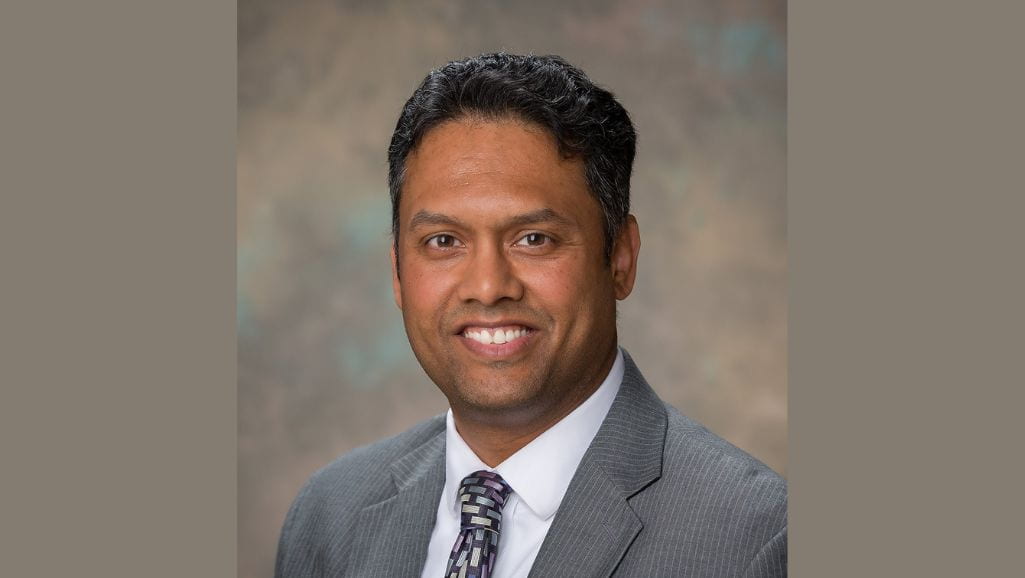Amit Acharya, PhD, President, Advocate Aurora Research Institute, Chief Research Officer and System Vice President, Advocate Aurora Health
Where are you from?
I’ve always said where you are is where your home is. I grew up in Bangalore, India. I lived there half my life and the other half I’ve lived in the United States. In India, I was a dental surgeon. I came to Kentucky to do my masters in computer science. After Kentucky, I moved to the New York/New Jersey area and got my doctoral degree in data science and biomedical informatics. In between I moved to Pittsburgh as a visiting scholar at UPitt, where I spent three years studying disease of the mouth and other systemic conditions, like diabetes and cardiovascular issues. Then I moved to rural Wisconsin—Marshfield became home and will always be one of the most special places in my heart because my two beautiful daughters were born there. We stayed there almost 12 years. In the last four years, we’ve been in the Chicago area.
What led you to your current organization?
I was the first person in my immediate family to go to college. I was fascinated by healthcare and wanted to be a specialist. The mouth was an area of the body I could master, and I love using my hands—there’s an art and science to dentistry, and a lot of chronic conditions manifest in the oral cavity. But I didn’t see myself just doing surgeries for the rest of my life. Nine out of every ten of my friends were in IT. I wondered, why is technology applied so well in fixing problems in certain sectors like airlines, retail, and manufacturing, [while] healthcare is lagging behind? The data side of it was interesting, [as was] the possibility of AI, machine learning, and predicting disease way before it occurs. I wanted to bring technology [into] healthcare.
Growing up, some of the inequities I saw in India were gender inequities. My mom got married very early—she would have liked to study more but was told in tenth grade, if you study more you may not find the right husband, because education was not looked at as something that would add value in a female child. She regretted not going to college, and she brings it up when she talks to my daughters. When I married [my wife] Rohini, she always focused on her career, biomedical engineering and consulting. And, being the father of two daughters, it’s in my DNA that my career is not any more important than your career. That is something I value: I look for women scientists and women leaders and teammates, but it all started from my personal life. Years ago, Rohini changed her career from being a road warrior and consulting to focus more on our family and kids. But six years ago, she decided to go back to school and get her executive MBA at the Kellogg School of Management in Chicago. She wanted to be in a bigger city and work with startups, so we moved to Chicago, and, [for a while], I was reverse commuting to Wisconsin.
Advocate Aurora is a Wisconsin and an Illinois health system coming together, and they had a role as chief research officer. I saw it as an opportunity to continue my research and to help others with theirs, as well as align our research with the priorities of the community.
What do you hope to accomplish as a member of the CSAC? What issues in your community do you hope to resolve?
The mistrust in research in health in some communities is so strong and historical. Researchers want to publish data on communities, but what is a community’s interest in science? Without building a network and a platform in the community, it’s hard to do any research–and discoveries have to go on to benefit the patients in our community. My organization is slightly different from the others in the CSAC; we are more like Rush and the University of Chicago but we are a health system. We are in the same communities as the other organizations but also include Wisconsin. The participation of diverse populations in clinical trials is minimal. I would like to address that by building trusting relationships with clinicians who look like our patients.
What is something most people would be surprised to know about you?
I love using my hands—I’ve been into carpentry and woodwork and built a two-level treehouse for my kids over the pandemic.


